“ In December 2024, I graduated from Auckland University of Technology (AUT, New Zealand). Currently, I am pursuing a master's degree at AUT and another master's degree at Harvard University (USA),” Alisa Pham (Pham Vi An, 14 years old) – the youngest bachelor's graduate in New Zealand and Vietnam – began the conversation.
Alisa was born in Hanoi and moved to New Zealand at the age of 7. Three years ago, at the age of 11, she became the youngest student at AUT. She is also a member of Mensa New Zealand (a community of people with IQs in the top 2% of the world's population).
Notably, in June 2025, at the British Parliament (London), Alisa was recognized by the Global Child Prodigy Award as one of the top 100 global prodigies in the field of education . This was the second time she had received this title.
Alisa has been recognized as one of the top 100 global prodigies in the field of education.
Even prodigies face challenges at university.
Three years have passed, and the little "child prodigy" with short hair framing her chubby face has grown up, but still retains the innocence and playfulness typical of her age. Alisa smiles brightly as she shares her story, her eyes sparkling with joy and the confidence of someone who has found her own path.
Alisa is pursuing a Bachelor of Communication degree specializing in Branding and Advertising at AUT. She learns very quickly. While other students only take four courses, Alisa typically enrolls in six to seven courses each semester, and even takes extra courses during the summer, without feeling overwhelmed.
Sharing her secret, the little girl affirmed that her study time isn't as much as others, but once she sits down at her desk, she's completely focused. "I enjoy drawing, and it usually takes me 2-3 hours a day. Therefore, I concentrate on finishing my studies early so I have more time for my hobby," Alisa explained.
Besides focusing, Alisa usually arrives at school an hour before class starts and stays in the library to study from 3 PM to 7 PM. This allows her to relax and unwind at home. Furthermore, the Vietnamese prodigy always prepares her lessons beforehand, especially for 8-hour study sessions. She understands that even with a high learning capacity, her pace slows down during a long school day.
Therefore, Alisa couldn't be complacent and wait until class to start reviewing. Preparing in advance helped Alisa understand the material faster, easily answer the lecturer's questions, and ask challenging questions.
"Many people assume I'm a prodigy, that I understand everything they hear. But in reality, everyone faces difficulties with new knowledge. For me, a prodigy isn't someone who learns faster than others, but someone who is more persistent and steadfast in their goals," the girl said.
However, despite her exceptional abilities, Alisa still faced some difficulties during her university years. Each of Alisa's classes had 60-70 students, her classmates ranging in age from 20-30, or even 30-45, with diverse academic goals.
When randomly assigned to study groups by their instructors, some of Alisa's classmates only thought about passing the course (getting a C), while she always set the highest goal (an A) to maximize her academic potential.
Because of this, Alisa sometimes encounters situations where her group members lack focus, commitment to the assignment, and fail to respond to messages or emails. Once, just days before the deadline, a 41-year-old classmate announced she was in the hospital preparing to give birth.
Alisa and her sister Vicky Ngo (Ngo Ngoc Chau) during a meeting with New Zealand Deputy Prime Minister David Seymour. Vicky is also a member of Mensa and graduated from university at the age of 14.
Initially, Alisa was confused, bewildered, and even cried because she didn't know how to handle this lack of cooperation. During her first semester, Alisa only knew how to do everyone else's work to ensure overall efficiency. However, from the second semester onwards, she learned how to manage a group and coordinate tasks. Alisa set deadlines, proactively organized group meetings, and motivated everyone to complete their assignments.
However, setting deadlines with classmates 25-30 years older than her wasn't easy. She had previously faced psychological barriers related to this and had to learn to adjust herself to the situation.
"I also learned how to protect myself and improve work efficiency by taking meeting minutes, sending them to the whole group and the teacher, to avoid conflicts later ," the girl shared.
For nearly two years, Alisa completed 22 out of 24 courses, and was expected to graduate early as originally planned. However, for the last two courses, the instructors had scheduling conflicts, so she had to wait another year to complete her program.
Study for two master's degrees simultaneously.
At the end of 2024, after graduating from university with honors, Alisa was torn between pursuing a master's degree in New Zealand, going straight to the US to earn a PhD, or working for a multinational company.
However, after realizing that her university program was only just right for her and gaining practical experience as a research assistant for a faculty member, she understood the importance of scientific research in solving societal macro-level problems.
“I conducted research on student apathy towards protests at New Zealand universities. This process gave me deeper insights into social realities. I understand that I can work anytime and anywhere, but only when I am young can I address major societal issues through scientific research,” Alisa shared .
In early 2025, she decided to pursue a Master's degree in Artificial Intelligence and Cybersecurity at AUT. "I was drawn to it because many people said AI and cybersecurity are difficult but highly applicable. Along with that, my professor encouraged me, so I decided to give it a try," Alisa explained.
This field of study originally required a bachelor's degree in computer science or mathematics as an entry requirement. To meet this, during the three summer months, Alisa self-studied the entire university curriculum in information technology through free online courses.
The young woman submitted her master's research paper and underwent a professional interview with the evaluation committee. After two months, she was accepted, bypassing the requirement for a bachelor's degree in a relevant field. Simultaneously, Alisa pursued a second master's degree at Harvard University (distance learning). She chose to study Psychology to gain a deeper understanding of human psychology, behavior, and how the brain functions.
Alisa's ultimate goal is to bridge these two fields. She wants to understand the aspects that humans can do and AI cannot/do not yet replace. From there, Alisa seeks ways to control and direct AI, ensuring that the technology serves humanity effectively and responsibly, rather than being controlled.
She aims to complete her master's degree in New Zealand by the end of this year and her master's degree at Harvard in a year, then continue on to pursue a PhD at the age of 15.
In addition to her studies and research, Alisa also dedicates time to social activities.
Study not for the title of prodigy
Alisa says she feels no pressure from being called a prodigy. Her learning goal is to discover her own abilities, not to set records or pursue titles.
“I don’t care about being hailed as a prodigy; I want to be known as someone who contributes to the overall development of society, especially in Vietnam,” Alisa realized that learning faster saves her time, about 7-10 years compared to her peers. This will allow her to contribute to society sooner and have more time for meaningful work.
After graduating from university, Alisa said she has entered the second phase of her life: scientific research and entrepreneurship. Currently, she is developing a business idea focused on environmental protection and sustainable development.
Accordingly, Alisa aims to apply AI technology, cybersecurity, and blockchain algorithms to the field of environmental protection by establishing an open platform that allows users to plant trees and generate income from it (through the sale of carbon certificates).
"Even children aged 5-7 can start growing plants and generate passive income. I presented this idea to several investors and received positive feedback," the girl recounted.
Despite earning two master's degrees and starting a business at age 14, Alisa still retains the innocence of a child. She still enjoys sleeping in, drawing, playing sports, cuddling her stuffed dog while studying, and chatting with her peers.
"I still get lost because the school is so big, or I have to ask my older sister for directions to the bus because I often get confused," the little girl giggled, shyly talking about her clumsiness.
In addition, Alisa often spends weekends with her family and close friends participating in social activities in New Zealand and community projects in Vietnam. Since the age of 9, she and her sister have been actively involved in the "House of Wisdom" and "Compassionate Bookcase" projects, donating large quantities of books to children in their homeland.
Alisa plans to visit Vietnam soon. She hopes to speak with middle and high school students there to guide them on study methods, inspire them, and help them find scholarships to study abroad. "In addition, I would really like to audit History, Geography, and Literature classes at Vietnamese schools to make up for any gaps in my knowledge of national culture," she shared.
(Source: Zing News)
Link: https://lifestyle.znews.vn/than-dong-viet-co-bang-dai-hoc-o-tuoi-14-hoc-cung-luc-2-bang-thac-si-post1567763.html
Source: https://vtcnews.vn/than-dong-viet-tot-nghiep-dai-hoc-o-tuoi-14-hoc-cung-luc-2-chuong-trinh-thac-si-ar954406.html


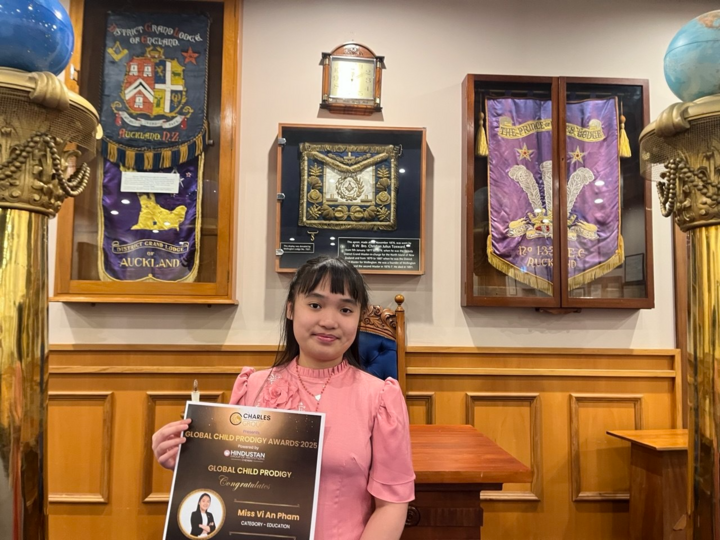
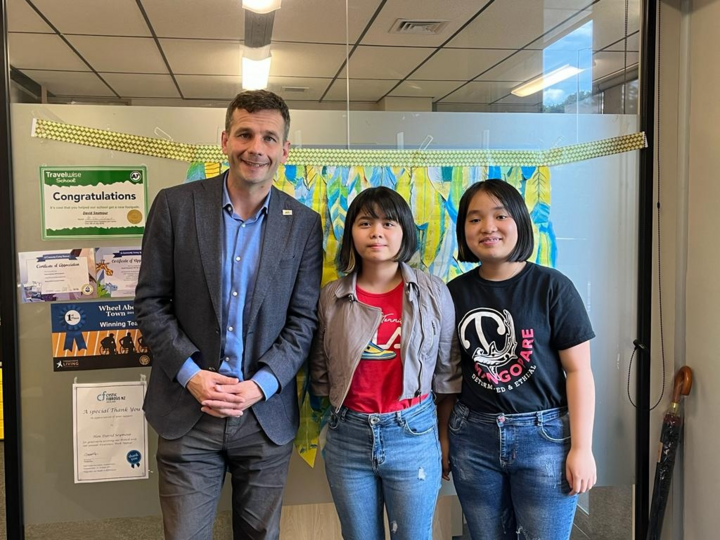
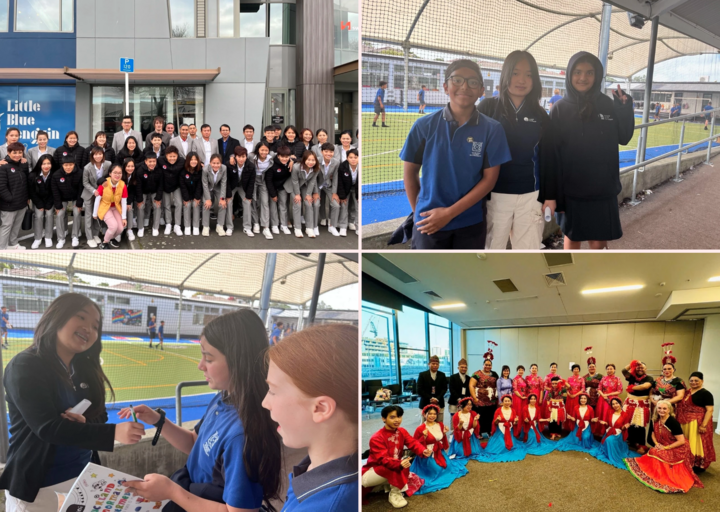


![[Photo] Closing Ceremony of the 10th Session of the 15th National Assembly](/_next/image?url=https%3A%2F%2Fvphoto.vietnam.vn%2Fthumb%2F1200x675%2Fvietnam%2Fresource%2FIMAGE%2F2025%2F12%2F11%2F1765448959967_image-1437-jpg.webp&w=3840&q=75)
![[Photo] Prime Minister Pham Minh Chinh holds a phone call with the CEO of Russia's Rosatom Corporation.](/_next/image?url=https%3A%2F%2Fvphoto.vietnam.vn%2Fthumb%2F1200x675%2Fvietnam%2Fresource%2FIMAGE%2F2025%2F12%2F11%2F1765464552365_dsc-5295-jpg.webp&w=3840&q=75)


















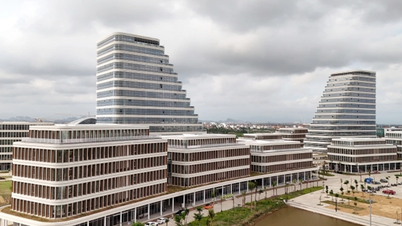
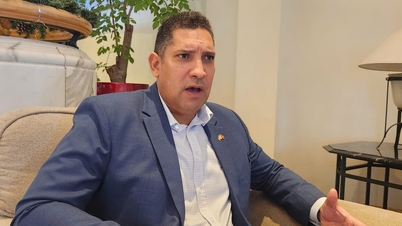

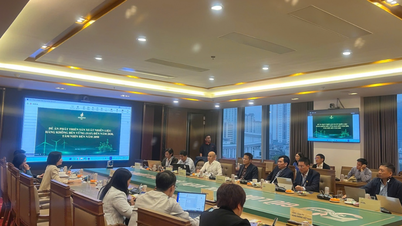














![[OFFICIAL] MISA GROUP ANNOUNCES ITS PIONEERING BRAND POSITIONING IN BUILDING AGENTIC AI FOR BUSINESSES, HOUSEHOLDS, AND THE GOVERNMENT](https://vphoto.vietnam.vn/thumb/402x226/vietnam/resource/IMAGE/2025/12/11/1765444754256_agentic-ai_postfb-scaled.png)





































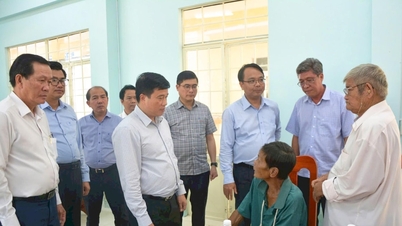











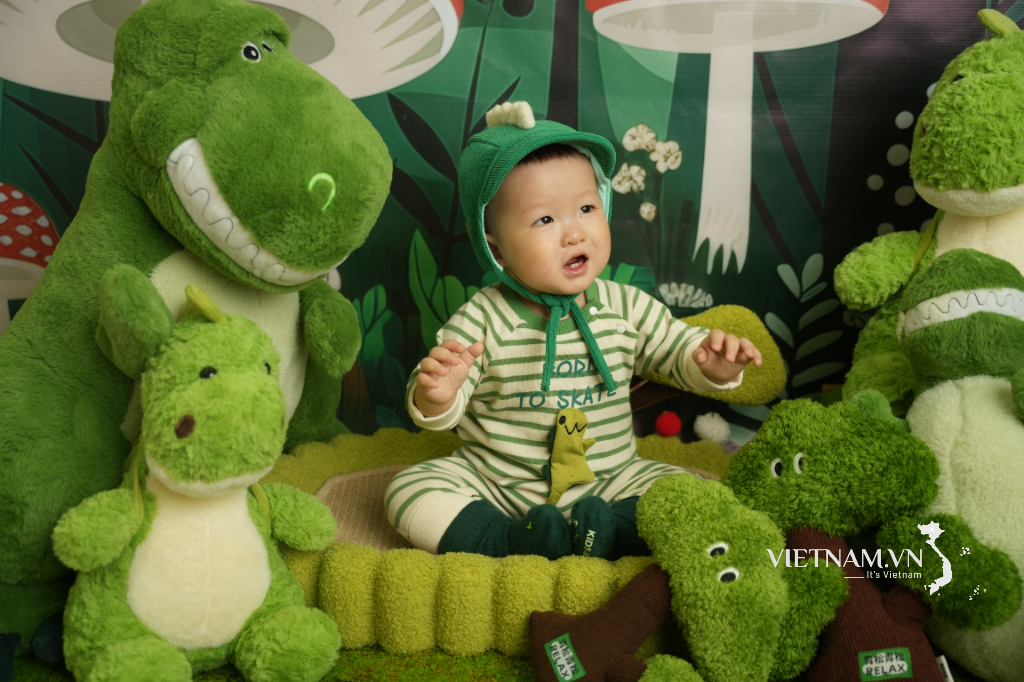

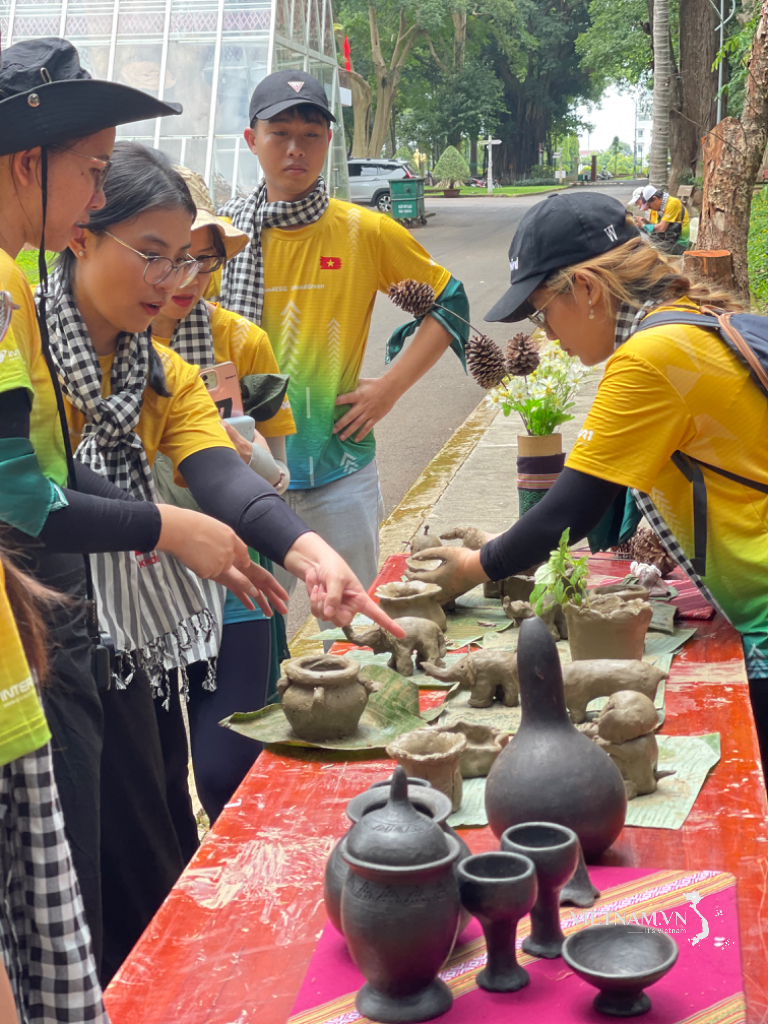
Comment (0)